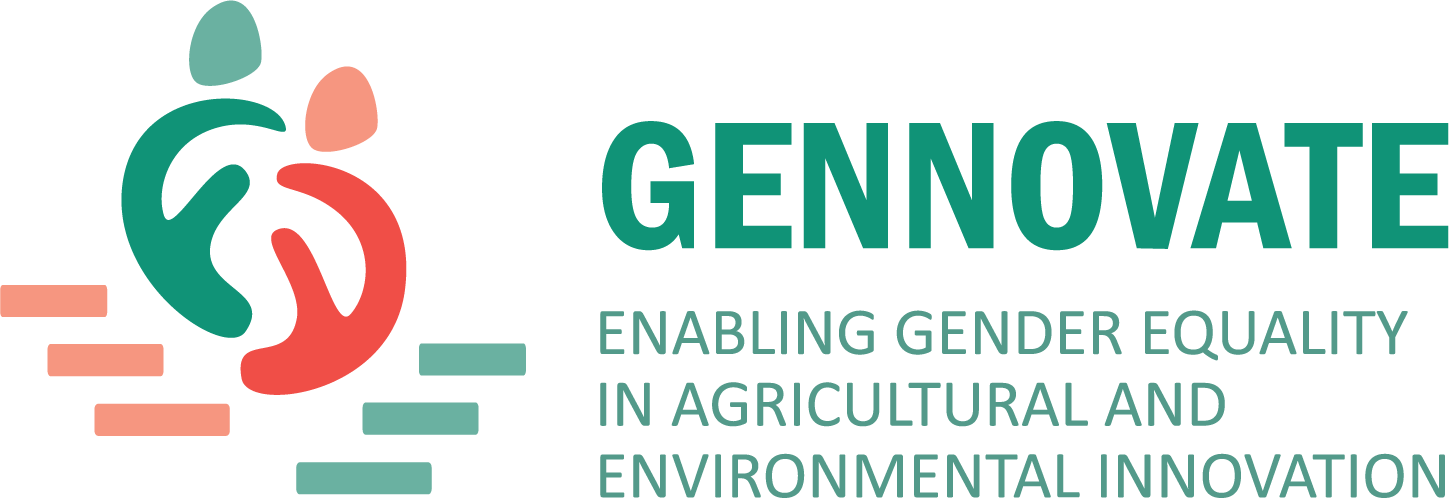More news
How do agricultural innovations influence socioeconomic hierarchies in rural agricultural communities? Findings from rural Rajasthan
This study was conducted to gain a more nuanced understanding of how agricultural innovations affect different socioeconomic groups. In particular, the researchers were interested in analyzing changes that might have occurred due to barley innovations, both new varieties and new marketing and lending mechanisms.
The gender dimensions of oil palm investments in East Kalimantan, Indonesia
The study investigates the gendered dimensions and effects of land investments in oil palm through four case studies in East Kalimantan, Indonesia.
Mixing methods for holistic project evaluations: Revisiting Nepal’s home garden project through a qualitative lens
The project entitled “Enhancing the contribution of home gardens to on-farm management of plant genetic resources and to improve the livelihoods of Nepalese farmers” was led by Bioversity International and implemented by Nepalese NGO LI-BIRD between 2002 and 2013. An evaluation using primarily quantitative methods concluded that the project had made a substantial contribution to biodiversity conservation and livelihoods.
Gender norms and agency
In 2015, fieldwork in a large-scale investigation of gender norms and agency in agricultural innovation was completed in 26 countries in Africa, Asia, and Latin America.
Learning from 8,000 people to integrate gender into agricultural research
It is often a mystery why a new agricultural technology or practice can be successful in one community yet fail to have the desired effect in another. Social expectations of how men and women should behave may affect their ability to adopt or benefit from such innovations.
Local insights in a global gender dataset
A group of gender specialists from Humidtropics and its collaborating CGIAR Research Programs (CRPs) are currently meeting in a write shop in Stone Town, Zanzibar to draw out information from the GENNOVATE databank that provides compelling evidence of changing gender relations that can arguably be linked with changes in localized, multiple, and integrated farming systems.
New investments to further delve into the causes of gender disparity in agriculture
The Bill & Melinda Gates Foundation awards an international team of CGIAR researchers a $1.1 million grant to further delve into the causes of gender disparity in agriculture.
Enabling gender equality in agricultural and environmental innovation
GENNOVATE: Enabling gender equality in agricultural and environmental innovation is a cross-CRP, global comparative research initiative that addresses the question of how gender norms and agency influence men, women, and youth to adopt innovation in agriculture and natural resource management.
Raising the profile of gender research
in an interview with Diana Lopez from CIMMYT, Andrew Clayton, a social development adviser within DFID’s Research and Evidence Division, shares his views on GENNOVATE.
GENNOVATE – A global study on gender norms and innovation
Incorporating gender in agricultural research is a key strategy for successful interventions. This was demonstrated at a workshop of the GENNOVATE methodology. A qualitative research methodology was specifically developed and brought to scale in the study to explore hidden norms within societies, particularly in the field of gender and agriculture.
Unpacking our biases for better gender research
At the CIMMYT 50th anniversary conference in Mexico City on September 29, Shelley Feldman challenged the audience to really think about, unpack, and change their assumptions about female farmers and gender in a keynote speech titled, “What does gender-balanced agriculture look like?” She shared some of her views on women and agriculture after her speech.
Replacing gender myths and assumptions with knowledge
CIMMYT Director General Martin Kropff speaks on the topic of “Wheat and the role of gender in the developing world” prior to the 2015 Women in Triticum Awards at the Borlaug Global Rust Initiative Workshop in Sydney on September 19, 2015.
Gender equality and innovation in agriculture and natural resource management
GENNOVATE is a qualitative comparative field study reaching 125 villages across 25 countries where the CGIAR is active. The research explores—from the bottom up—differences in women’s and men’s capacities to access, adopt, and benefit from innovations in agriculture and natural resource management.
Contact us
For more information, please contact Marlène Elias, CGIAR GENDER Platform Alliances Module leader and Senior Scientist at the Alliance of Bioversity International and CIAT, marlene.elias@cgiar.org


